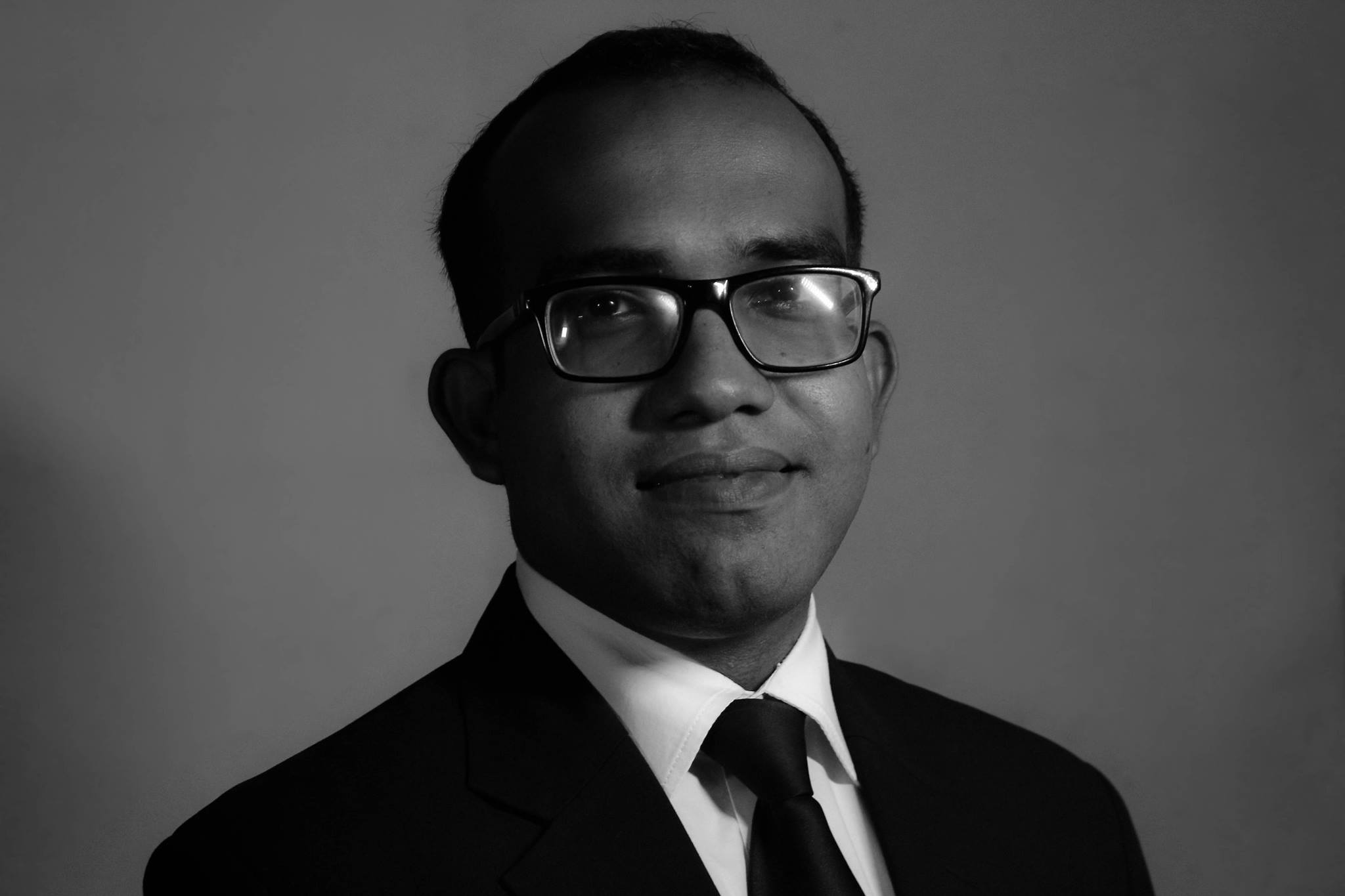Developing Continuity and operational courts through pandemic and beyond

Taisir Hoque:
In 1929, legendary civil rights lawyer Charles Hamilton Houston said: ‘A lawyer’s either a social engineer or a parasite on society.’ He described a social engineer as; a “highly skilled, perceptive and sensitive lawyer who understands the constitution and knows how to explore its uses in the solving problem of ‘local communities’ and in ‘bettering conditions of the under privileged citizens. What Houston was contemplating was that lawyers should use their training and their prestige in the community for a better society and to promote justice. Only here today, the crisis that is amongst us is not only threating the wellbeing of a small section of public but also a larger community making each of us susceptible to unavoidable evils such as – domination, violation of fundamental rights enshrined in our constitution, illegal eviction, lay- offs, discriminatory and preferential treatments, arbitrary actions taken by the authority and domestic violence. The complete closure of our courts, in effect, has not only limited people’s timely and due access to justice but also have, in effect, suspended the execution of fundamental rights, available otherwise. Substantially, limited the lawyer’s most sacred duties, duties to ensure a better society and to promote justice. The effect of this infectious virus outbreak both socially and economically is apparent, and will continue to effect each one of us in the years to come, and it is in these pressing times that lawyers may come forward with empathy and with such integrity – both of which had been put under serious questions in the past. Before the society adopts an idea- how bizarre it may sound – that the society may proceed without any social engineers or judicial systems to strike the necessary balance, a collaborative effort is deeply felt which will facilitate in developing timely measures directed at – continuation of court proceedings, [enabling] and preparing lawyers to perform and also improving the judicial preparedness for unprecedented events.
It is obvious that individuals among us never shy away from committing crimes and unconscionable acts that shakes our conscience from time to time. Essentially, a society that is governed by the universally accepted rule of law will encourage its beneficiaries to seek redress through a legal process- sought by it, in the first place, and in turn will provide justice, for the highest good because the opposite is an obvious chaos, to those aggrieved by those unconscionable acts. This is where courts play a pivotal role as a significant balancer and leveler in the society by providing justice either corrective or distributive. Most importantly, courts provide a critical check and balance against the functions of the executive and the legislature- which is to manifest during this crisis. Under the present unprecedented circumstances importance of operational courts is evident as the necessity and importance has also echoed in the statements of the Chief Justice of the People’s republic of South Africa, where he stated – ‘have to stay open in case members of the public want to bring one challenge or another in relation to the constitutionality or validity of the measures being implemented.’
Courts, especially, the Apex Court’s, key roles as guardian of the fundamental rights and protector of the good social norms and civil society in a democratic country [ His Lordship Mr. Mohammad Fazlul Karim J. in Ain –O- Shalish Kendra (ASK) and Ors. vs. Government of Bangladesh, 1999 BLD 488], can also be relevant during pandemics and outbreaks when Courts may need to make Rules and issue Directions to protect public health or to restrict authorities from making arbitrary actions unduly interfering with individuals rights. Equally it is unfair to deprive the health officials of any mechanism for resolving disputes that may be triggered during this outbreaks. The continued functioning of the courts both Subordinate and Apex is critically important as it can be observed that – voluntary compliance as to Government’s orders such as lockdown or quarantine cannot always be reasonably presumed and ensured by deploying law enforcers only. In addition operative courts within the last few weeks or so could have ensured social distancing throughout the country by issuing directives, while ensuring relief items, food and medicines were disbursed with humanly in locked down or quarantined area or though out the country. Moreover, directions passed by the apex courts could have also encouraged people to avoid mass gatherings and ensured ample and approved personal protective equipment (PPE) to the health officials and enough ambulances. Residence for isolation, institutional isolation, and testing centers in all districts could have also been ensured by collaborative efforts of a continuing judiciary and other organs of the Government without any untoward interferences and delays.
To perform its key roles our courts must remain open during any public health crisis or under any catastrophic infectious disease outbreaks like the present COVID- 19. In order to achieve that goal, the judicial branch as any other human institutions must adopt policies in developing continuity under the present crisis or like. One thing to bear in mind that providing timely due process access to individuals and conducting court room hearing ‘face to face’ manner and in limited context might pose the risk of judges, lawyers and court staffs being exposed to the deadly infection. Alternative ways to tackle these risks would be, primarily, to developing emergency strategies and courts role in such crisis; and then moving on to gradual attainment by shaping up the courts through gradual integration of electronic methods of communication in urgent and specified matters only and embracing other technological advancements such as e-litigation, e-filing, and at the same time preparing judges, lawyers and court staffs in order to facilitate the overall process.
: Advocate, District Court, Kishoregoanj.

